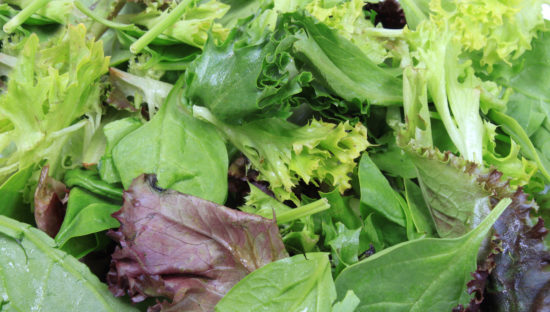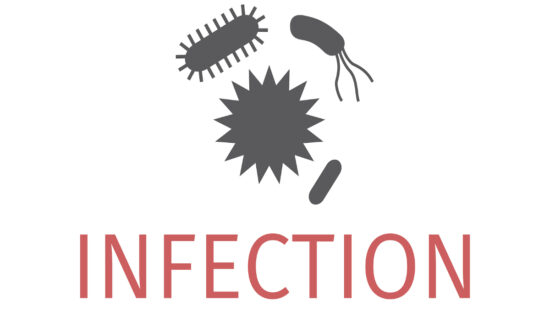Findings from an audit in Norway show the country has a functional official control system for produce but there are several weaknesses.
Norway is part of the European Free Trade Association (EFTA). The EFTA Surveillance Authority (ESA) monitors how the country implements European Economic Area (EEA) rules on food and feed safety, animal health, and welfare.
While the assessment revealed that the official control system for leafy greens, sprouts and soft berries is well established, problems include inaccuracies in the list of registered establishments and the lack of traceability of seeds for sprouting.
The audit on controls related to the production of food of non-animal origin (FNAO) took place in June. Officials visited the Norwegian Food Safety Authority (Mattilsynet) head office, four local offices, and nine establishments.
Primary production controls
Annual domestic production of leafy greens and soft berries in Norway is about 19,000 tons and 12,000 tons, respectively. Sprout production is 300 tons annually.
The national guidelines, the KSL standard, used by majority of Norwegian primary producers of leafy greens and soft berries, has been assessed by Mattilsynet. However, it has not been submitted to the EU Commission registry.
From 2022 to 2024, no inspections were carried out at primary producers of leafy greens or soft berries by Mattilsynet. This is not in line with EU requirements. In the four primary producers visited, one was inspected in 2017, another in 2012 and the remaining two had never been visited to verify compliance with hygiene requirements in EU regulation since their initial registration.
“The lack of official controls on primary producers of leafy greens and soft berries means the competent authority is unsighted on whether these food business operators satisfy the relevant hygiene requirements necessary to ensure food safety. This may lead to unsafe products being placed on the EEA market,” said auditors.
Mattilsynet said the list of registered establishments is not up-to-date, particularly for primary producers. New firms may begin without registering in the system, and existing ones may cease operations without notifying authorities. From three processors of cut fruits and vegetables visited, only one provided documentation of registration.
Sprout traceability
The audit team noted several non-compliances in the one packing station of primary production visited. For example, in the chill rooms, fresh products were kept next to waste vegetables that were moldy and unfit for consumption, plus some of the crates used for harvested products had not been cleaned appropriately.
Sprout producing sites are included in an annual plan of inspections performed by Mattilsynet. However, these checks do not verify that all elements of traceability, related to seeds for sprouting, are implemented. Auditors said this may hinder a rapid response if there is an outbreak and delay the removal of unsafe food from the market.
In one establishment, a copy of an import certificate for seeds, intended to produce sprouts, could not be linked to the seeds being used. In another site, seeds for sprouting were stored onsite with no identification marking which meant the seeds could not be linked to an import certificate.
In one factory, a batch of seeds was stored in the main seed store ahead of return to the supplier for public health reasons. There was no identification to indicate it was quarantined material and to prevent its accidental use.
Auditors said Mattilsynet has a robust system for managing incidents and Rapid Alert System for Food and Feed (RASFF) notifications. The recent handling of a Salmonella outbreak in sprouts demonstrated effective emergency preparedness and incident management.
In 2024 and 2025, a large Salmonella outbreak occurred in Norway and the source was alfalfa sprouts. At least 238 people were infected and one third were hospitalized. Traceback investigations identified a link to seeds from an Italian supplier.
(To sign up for a free subscription to Food Safety News, click here)



